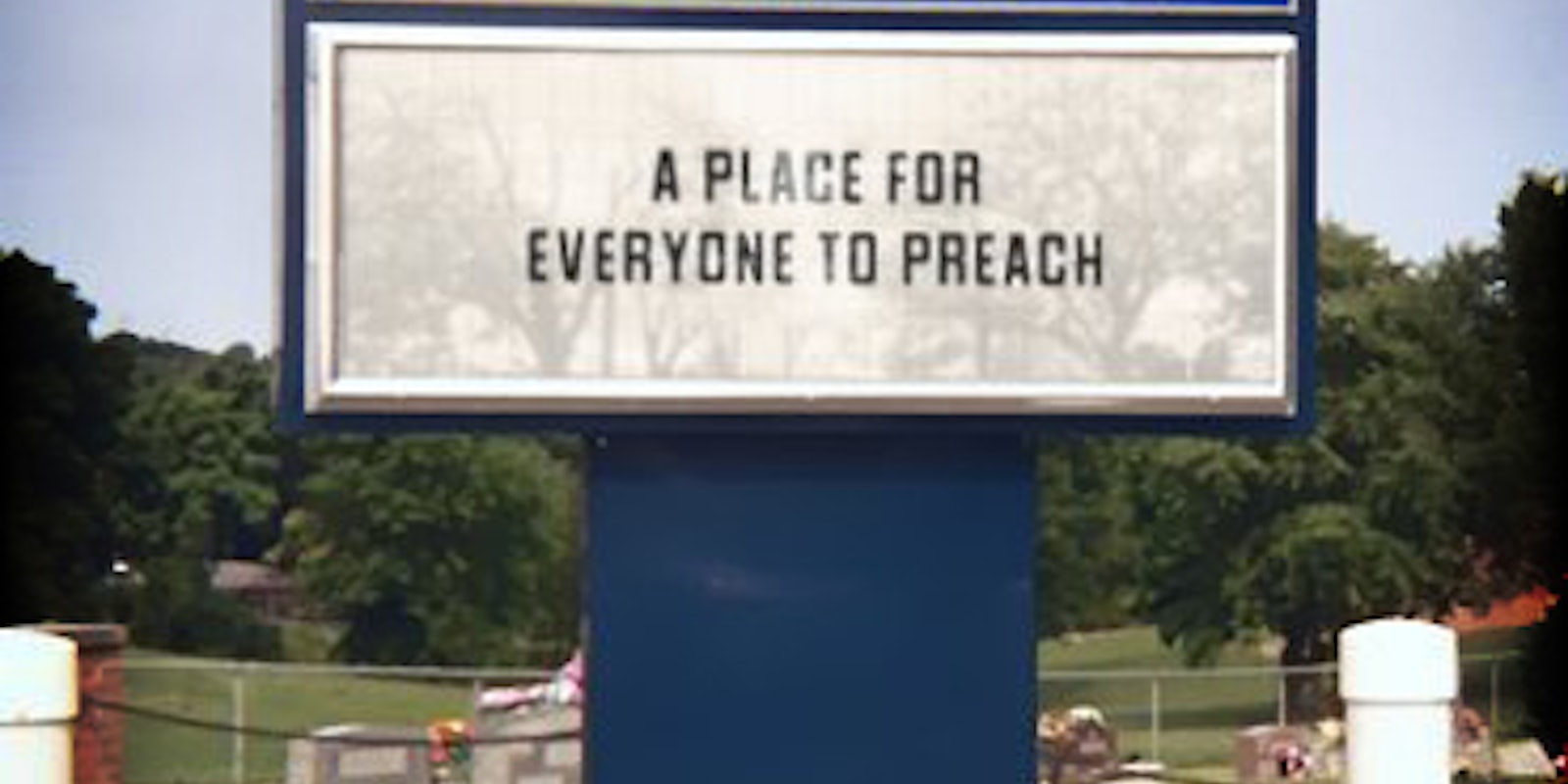If our childhood math teachers told the truth when they taught us how to multiply, then 140 times 20 equals 2,800. If Einstein was right about relativity, then whether 2,800 is a lot or a little depends on what it’s actually counting.
But if sports officials at the University of Washington have a sensible media policy (arguably the most presumptuous assumption of all), then 2,800 is plenty of characters with which to tweet about basketball, which is why any reporters who send more than 20 tweets during a basketball game (45 for a football match) risk having their press credentials revoked.
That’s been UW policy since August, but it only gained national attention after Monday night, when Todd Dybas, a sports reporter for the Tacoma News Tribune, tweeted, “[T]onight I was reprimanded by the University of Washington for tweeting too much during a live event.”
A glance back through Dybas’ Twitter feed shows he certainly exceeded 20 tweets, including those which read (in their entirety) “What touch!” “Wilcox with a major rejection,” “A little Ball Don’t Lie on that call …,” and “A kid in the Dawg Pack rockin’ some Nerlens Noel hair.”
They’re altogether more than UW is willing to tolerate.
Ham-handed responses to social media’s existence is nothing new in the world of sports; stories about athletes ordered to stay away from Twitter or Facebook have become almost commonplace. But the university is attempting to impose restrictions not on its own athletes, but on journalists (and how much space a journalist has to tell his story is usually the editor’s call, not the story subject’s).
Knowledge of the matter might still be limited to the Tacoma area, had Geekwire’s Taylor Soper not picked up the story next day. Soper included the disclaimer: “I covered UW sports for four years while a writer for The UW Daily. We loved using Twitter as a way to provide real-time coverage for readers who weren’t watching on television or listening on the radio. I understand that the UW wants to drive fans to the school’s own live coverage and protect its product, but to threaten the loss of credentials because of ‘excessive’ Tweeting seems a little odd.”
Not just odd: ironically counterproductive. In the era of ubiquitous Internet and smartphones, “real-time reporting to a mass audience” is one of the few sports-reporter-type things people can do without formal press credentials.
Over at Mashable, Sam Laird asks,
“Should the rights to live updates be protected to the same degree as TV and radio broadcasts? That’s precisely why Washington’s policy was put into effect, the school says. During games, the athletic department hosts live chats on its official GoHuskies.com site […] and it doesn’t want super-detailed live tweeting to become overly competitive with that product.”
Is Laird correct about UW”s motivation? School athletic officials have not made a formal statement or clarification of their Twitter policy since the Dybas affair made headlines, but blogger Dustin Carlson defended the policy in an op-ed for Social News Daily, claiming that an unnamed source from UW assured him:
UW not only reserves a sort of “creative protection” right over their sporting events, but that the policy is actually of benefit to their fans. Further, in a surprising twist, it seems that UW’s Twitter restrictions policy constitutes a step forward in social engagement … not backwards, the way it seems on its face […]
[P]ress members who must seek accreditation from the university to cover their sporting events must abide by a set of rules, whether they show up with a film crew to shoot a live report or with recording equipment to do a live radio show […]
UW sees social media as no different. […] My source says that the university takes social very seriously, and implementing journalistic policy for Twitter like the kind that exists already for radio and TV is a sign that UW takes the power of social media as a journalistic tool incredibly seriously.
Social media—specifically, a Twitter account—is like old-school TV and radio stations, in that it allows someone at a game to file real-time reports accessible to people who aren’t actually present. But the similarities end there.
Shooting a live TV or radio broadcast is, effectively, limited to credentialed journalists employed by established media companies—either cable networks, satellite radio stations or FCC broadcast-license holders. And it requires a certain interference with the surroundings: if the guy sitting next to you at a game is actually a DJ broadcasting a radio show, that definitely interferes with your ability to watch the game.
None of that holds true for a reporter tapping out tweets on his smartphone touchpad.
Photo via wiselywoven/Flickr


